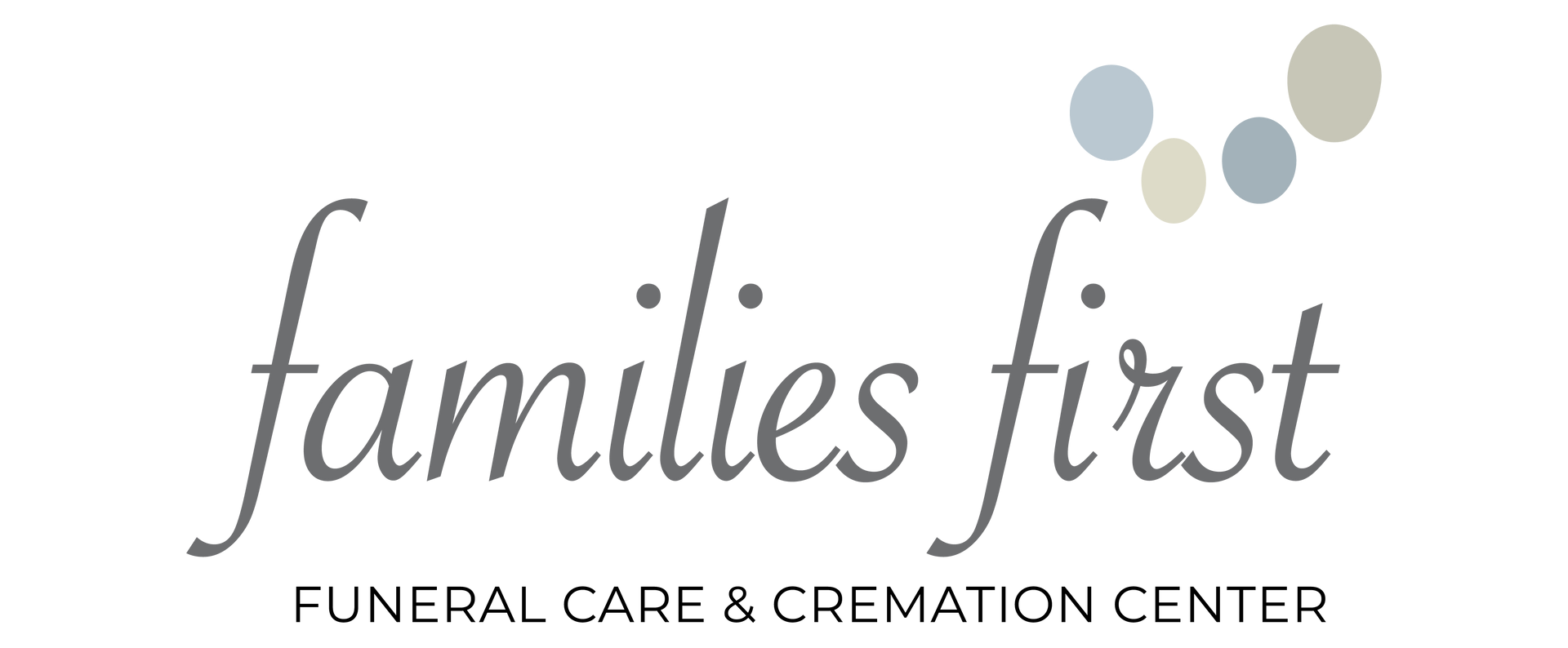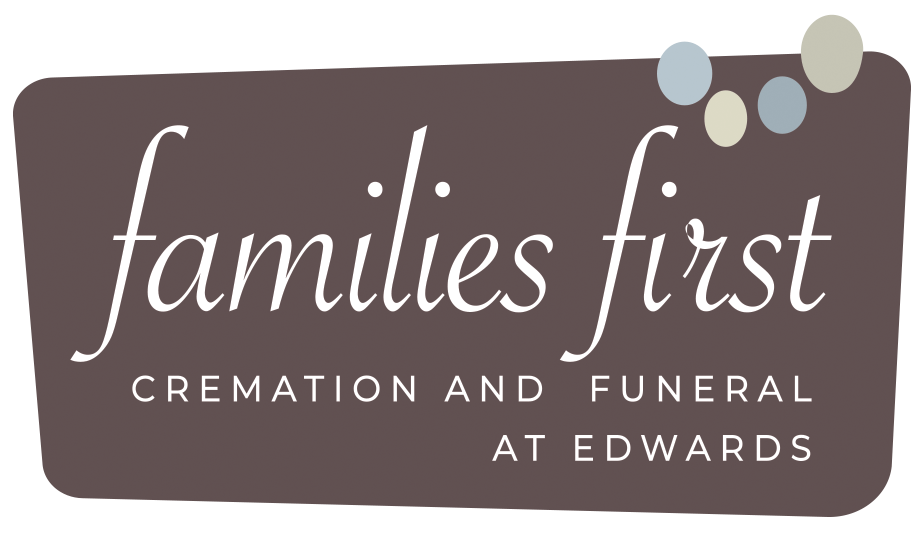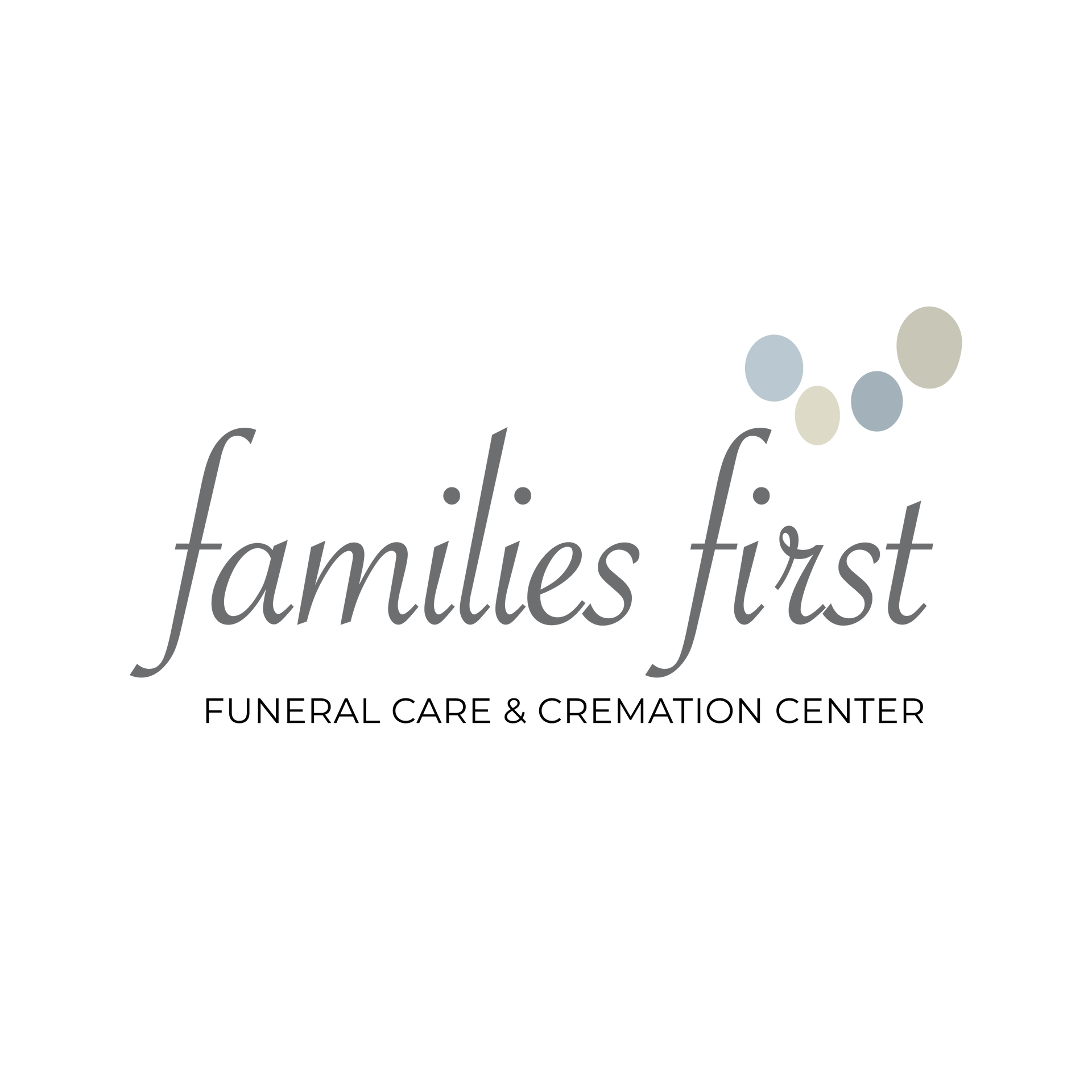Honoring Lives: Recognizing National Hospice Month
Honoring Lives: Recognizing National Hospice Month
Have you ever thought about how important end-of-life care talks are? National Hospice Month in November is a key time to appreciate hospice care's comfort to families. Families First at Edwards in Columbus, Ohio, makes us aware of the importance. They show us how crucial hospice support is to our community's health.
This month brings the theme "Courageous Conversations". It pushes us to talk about topics we might not usually discuss. Families First provides everything from obituary notices to resources for handling grief. They make it easier for us during these tough times. By talking about end-of-life care, we see how vital hospice services are in our lives.
We invite you to join this important discussion. Stay connected by subscribing to our email list. This helps keep the conversation going in our community.
Key Takeaways
- National Hospice and Palliative Care Month occurs in November, aiming to raise awareness and support for hospice care.
- The 2023 theme, "Courageous Conversations," encourages open discussions about end-of-life care planning.
- Social Media Action Day for National Hospice Awareness is set for Friday, November 3, 2023.
- Families First at Edwards in Columbus, Ohio, offers various supportive services for grieving families.
- Engage with the conversation by using hashtags like #CourageousConversations and #HospiceAwareness on social media platforms.
The History and Importance of National Hospice Month
Every November since 1986, the U.S. has celebrated National Hospice and Palliative Care Month. It highlights the significant role of hospice services in end-of-life care. This month honors the progress and dedication in the field, aiming to enhance the lives of terminally ill patients and their families.
The Evolution of Hospice Care
The journey of hospice care began in the 1970s, led by pioneers like Dame Cicely Saunders. In 1967, she established St. Christopher's Hospice in the UK, shaping modern hospice care. Her work, along with Dr. Elisabeth Kubler-Ross's influential book "On Death and Dying", changed how society cares for the terminally ill.
In 1974, the establishment of Connecticut Hospice introduced organized hospice services in America. The National Hospice Organization was created in 1978, and by 1982, hospice care gained official recognition in the U.S. healthcare system thanks to a new Medicare benefit.
Key Milestones in Hospice Advocacy
Several key events have advanced the hospice movement over the years. In 1979, demonstration programs began in 26 hospices across 16 states. By 1985, the Medicare Hospice Benefit was made a permanent fixture. The Patient Self Determination Act of 1991 further enhanced patient rights, requiring healthcare providers to discuss care wishes upon admission.
Recognizing the Contributions of Hospice Professionals
National Hospice and Palliative Care Month also celebrates the vital work of hospice professionals. Their demand has risen in the 21st century, spotlighting their crucial role. They are essential in providing compassionate care and deserve recognition for their hard work and dedication. Their efforts encourage ongoing excellence in the hospice field.
Recognizing National Hospice Month: Raising Awareness and Advocacy
National Hospice Month highlights the importance of hospice care. Over 1.61 million people benefited from hospice in the U.S. in 2019. This shows the huge impact of hospice services in our communities.
Engaging with Courageous Conversations
Talking about death and care plans is essential. The National Hospice and Palliative Care Organization (NHPCO) leads these discussions. They work to educate people and provide the resources needed for informed care decisions. Access to hospice care has grown for Black and Hispanic Medicare beneficiaries, showing progress.
Community Outreach and Resources
Community outreach boosts hospice support . NHPCO offers tools and guides to engage the community. This has sparked changes in how hospices operate and care for patients.
How Families First at Edwards Supports the Community
Families First at Edwards in Columbus, Ohio, supports hospice values. They offer resources for grief and remembering loved ones. By encouraging talks about end-of-life care, they provide guidance with care and understanding.
"NHPCO pushes for advance care planning education. Their efforts are vital for better hospice care nationwide." - National Hospice and Palliative Care Organization
- Advance Care Planning - Helping people make care choices.
- Community Engagement - Offering tools for education on hospice.
- Innovative Care - Updating services to meet patient needs.
Conclusion
National Hospice Month is essential for us at Families First at Edwards. We understand the tough times families go through at the end of a loved one's life. Even though we don't offer hospice care, we help by providing hospice support. Our aim is to celebrate the hard work of hospice workers and their big impact on families.
In 2009, hospices in the US cared for 41.5 percent of those who passed away. This shows how crucial hospice services are during the last stage of life. Medicare's hospice coverage includes doctor and nurse care, therapy, and medical supplies. Hospice care helps patients be comfortable and maintain dignity while getting the support they need, often at home.
By marking National Hospice Month, we help increase awareness and support for respectful end-of-life care. Medicare's hospice benefits provide high-quality, comfort-focused care. Choosing hospice care means patients and their families get emotional and spiritual support. We are dedicated to promoting end-of-life care awareness and supporting this important healthcare conversation.
FAQ
What is National Hospice Month and why is it important?
November is National Hospice Month. It shines a light on the care hospice services give to families. This month is key for raising awareness about care at the end of life. It's a moment to value the hard work of hospice workers with the sick and their families.
Where did the concept of hospice care originate?
The idea of hospice care began with Dame Cicely Saunders's speech at Yale University. After her talk, she opened the first specialized hospice. The opening of Connecticut Hospice in 1974 brought these services to the U.S.
What are some key milestones in hospice advocacy?
Important steps include Dr. Elisabeth Kubler-Ross's Senate speech in 1972. Also, the Medicare hospice benefit started in 1982. These events boosted the value of hospice care.
How can I support hospice awareness in my community?
Get involved with "Courageous Conversations" on death and planning for advanced care. Resources from NHPCO can also help. They offer outreach guides and social media content. This can support you in spreading the word about hospice care.
What services does Families First at Edwards offer to support families?
Families First at Edwards doesn't offer hospice. But, we have support resources. We provide obituary alerts, floral tributes, and grief tools. Our goal is to help during tough times in Columbus, Ohio. We aim to support our community.
How does recognizing National Hospice Month benefit the community?
Honoring National Hospice Month recognizes hospice workers' commitment. It boosts awareness of care at life's end. It also starts conversations on hospice care, showing resources and support for patients and families.
How can I stay informed and involved with hospice support initiatives?
Being on the email list of Families First at Edwards keeps you updated. You'll know about hospice care talks and actions. Joining in supports ongoing community talks about care at the end of life.
Source Links
- https://www.nhpco.org/wp-content/uploads/HAPCM_Campaign_Overview.pdf
- https://www.seatingseniors.com/blogs/news/recognizing-national-home-care-hospice-month
- https://deathwithdignity.org/news/2023/11/hospice-and-palliative-care-month/
- https://www.nhpco.org/hospice-care-overview/history-of-hospice/
- https://obamawhitehouse.archives.gov/the-press-office/2010/10/29/presidential-proclamation-national-hospice-month
- https://www.nhpco.org/national-hospice-month/
- https://medicareadvocacy.org/hospice-–-care-when-its-needed-most/












